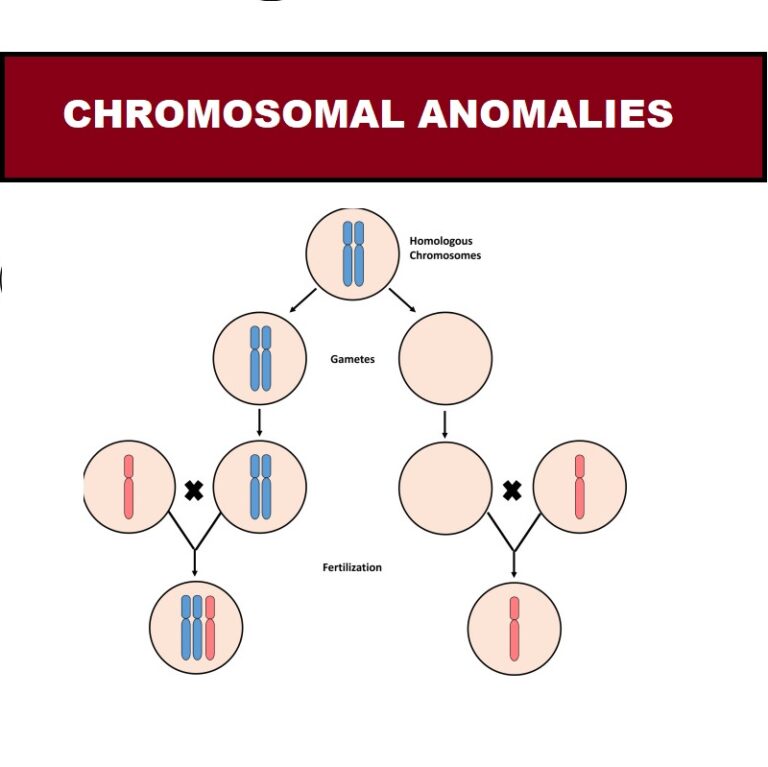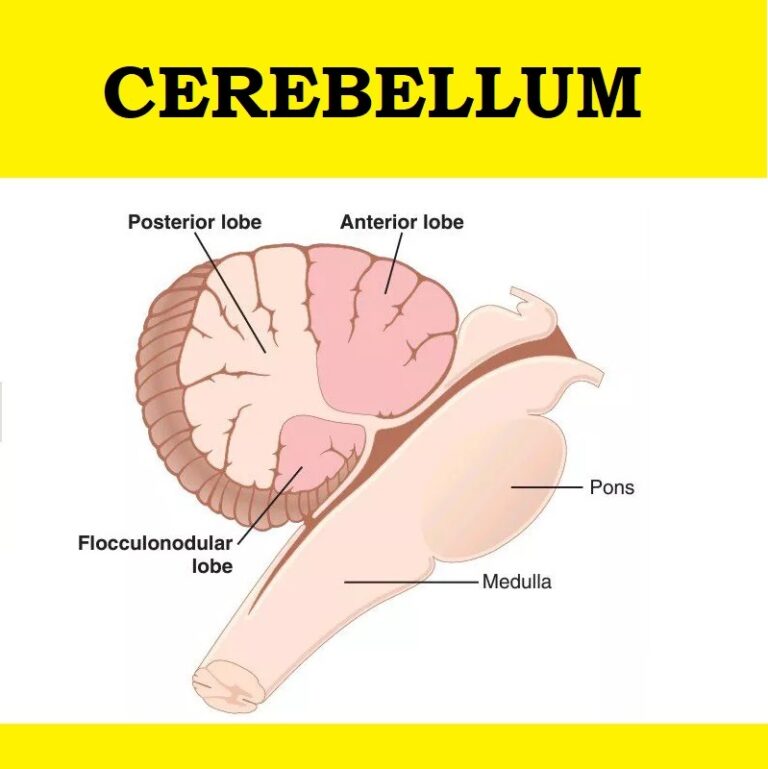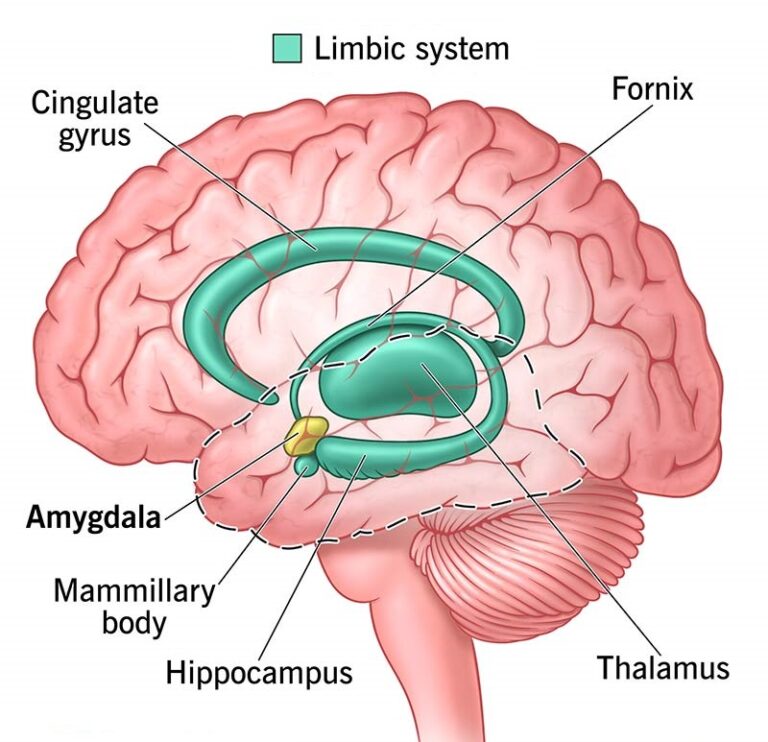
Psychological testing in the military serves multiple purposes, from recruitment and selection to assessing mental resilience, cognitive abilities, and leadership potential. The unique demands of military environments necessitate robust testing methodologies to ensure personnel readiness, effectiveness, and well-being.
1. Applications in Military Settings
1.1 Recruitment and Selection
Psychological testing plays a crucial role in identifying individuals with the mental aptitude, emotional stability, and personality traits required for military roles. Tests are designed to assess intelligence, physical endurance, and suitability for high-stress environments.
Key Tools:
- Armed Services Vocational Aptitude Battery (ASVAB): Measures cognitive abilities and aptitudes to determine suitability for various military occupations.
- Personality Inventories: Tools like the Big Five Inventory (BFI) assess traits like emotional stability, conscientiousness, and openness.
Example: An applicant scoring high on the ASVAB in mechanical comprehension and spatial reasoning is recommended for roles in engineering or aviation.
Scenario: A candidate applying for a special operations unit is administered a situational judgment test (SJT) to evaluate decision-making under stress. The results reveal strong critical thinking but highlight areas for improvement in teamwork.
Table: Common Psychological Tests for Recruitment
| Test | Purpose | Application |
|---|---|---|
| ASVAB | Measures cognitive aptitude | Role allocation based on strengths |
| Big Five Inventory (BFI) | Assesses personality traits | Identifying emotional and behavioral suitability |
| Situational Judgment Test (SJT) | Evaluates decision-making under stress | Screening for special operations or leadership roles |
Research Finding: A study by Vineberg and Taylor (1972) found that cognitive ability tests like the ASVAB predict job performance and training success in military settings.
1.2 Leadership Assessment and Development
Identifying and nurturing leadership potential is critical for maintaining operational efficiency and morale. Psychological tests help evaluate traits like emotional intelligence, strategic thinking, and adaptability.
Key Tools:
- Leadership Judgment Indicator (LJI): Assesses decision-making and leadership styles.
- Emotional Intelligence (EI) Tests: Evaluate interpersonal and self-regulation skills.
Example: A military officer showing high scores on the LJI is selected for advanced leadership training to prepare for command roles.
Scenario: A mid-level officer with average EI scores undergoes training to enhance empathy and conflict resolution, improving team cohesion.
Table: Leadership Assessment Tools
| Test | Purpose | Application |
|---|---|---|
| Leadership Judgment Indicator | Assesses leadership decision-making | Selecting candidates for command roles |
| Emotional Intelligence Test | Evaluates interpersonal skills | Training for improved communication and empathy |
Research Finding: Harms et al. (2011) found that emotional intelligence is strongly correlated with effective leadership in military contexts, enhancing team performance and morale.
1.3 Combat Stress and Resilience Assessment
The military relies on psychological testing to evaluate resilience and identify stress-related issues, such as PTSD, before and after deployment.
Key Tools:
- Post-Traumatic Stress Disorder Checklist (PCL): Screens for PTSD symptoms.
- Connor-Davidson Resilience Scale (CD-RISC): Measures resilience levels.
Example: A soldier returning from deployment shows high PCL scores, indicating potential PTSD. The counselor initiates a treatment plan involving cognitive-behavioral therapy (CBT).
Scenario: During pre-deployment screening, soldiers scoring low on the CD-RISC are provided with resilience training programs to prepare them for high-stress situations.
Table: Tools for Assessing Stress and Resilience
| Test | Purpose | Application |
|---|---|---|
| PTSD Checklist (PCL) | Screens for PTSD symptoms | Post-deployment evaluations |
| Connor-Davidson Resilience Scale (CD-RISC) | Measures resilience | Identifying candidates for resilience training |
Research Finding: Britt et al. (2001) reported that resilience training programs tailored to CD-RISC scores significantly reduce combat stress and improve mission readiness.
1.4 Operational Readiness
Psychological tests assess cognitive abilities such as attention, memory, and decision-making crucial for combat and high-stakes scenarios.
Key Tools:
- Cognitive Failures Questionnaire (CFQ): Evaluates cognitive lapses.
- Situational Awareness Rating Scale (SARS): Measures situational awareness.
Example: A pilot candidate is administered the SARS, showing high situational awareness, making them suitable for complex aerial missions.
Scenario: During training, soldiers with low CFQ scores are provided with cognitive enhancement programs to improve focus and memory.
Table: Tools for Operational Readiness
| Test | Purpose | Application |
|---|---|---|
| Cognitive Failures Questionnaire | Assesses cognitive lapses | Identifying candidates for cognitive training |
| Situational Awareness Rating Scale | Measures situational awareness | Evaluating readiness for high-stakes operations |
Research Finding: Endsley (1995) emphasized the importance of situational awareness in military operations, linking it to mission success and safety.
2. Strengths and Benefits
- Objective Assessment: Psychological tests provide quantifiable data, reducing biases in selection and evaluation.
- Enhanced Readiness: Testing ensures personnel are mentally and emotionally prepared for military demands.
- Targeted Interventions: Identifies specific areas for improvement, enabling personalized training programs.
3. Challenges and Limitations
- Cultural Bias: Many tests are normed on Western populations, limiting their applicability in diverse military forces.
- Over-reliance on Tests: Excessive emphasis on test results may overlook practical skills and situational adaptability.
- Ethical Concerns: Ensuring confidentiality and informed consent in high-stakes environments can be challenging.
4. Ethical Considerations
- Informed Consent: Military personnel must be fully informed about the purpose and implications of psychological testing.
- Fair Use of Results: Test outcomes should not unfairly impact career progression or stigmatize individuals.
Conclusion
Psychological testing in the military is indispensable for optimizing recruitment, leadership, resilience, and operational readiness. However, addressing challenges such as cultural biases and ethical concerns is vital to maximize its effectiveness. By integrating research findings and innovative testing methods, military organizations can ensure a prepared and resilient workforce.
References
- Britt, T. W., Adler, A. B., & Bartone, P. T. (2001). Deriving benefits from stressful events: The role of engagement in meaningful work and hardiness. Journal of Occupational Health Psychology, 6(1), 53–63.
- Endsley, M. R. (1995). Toward a theory of situation awareness in dynamic systems. Human Factors, 37(1), 32–64.
- Harms, P. D., Credé, M., Tynan, M., & Jeung, W. (2011). Emotional intelligence and transformational and transactional leadership: A meta-analysis. Journal of Leadership & Organizational Studies, 17(1), 5–17.
- Vineberg, R., & Taylor, E. N. (1972). Predicting job performance in the military: An appraisal of ability tests. Personnel Psychology, 25(2), 293–316.







